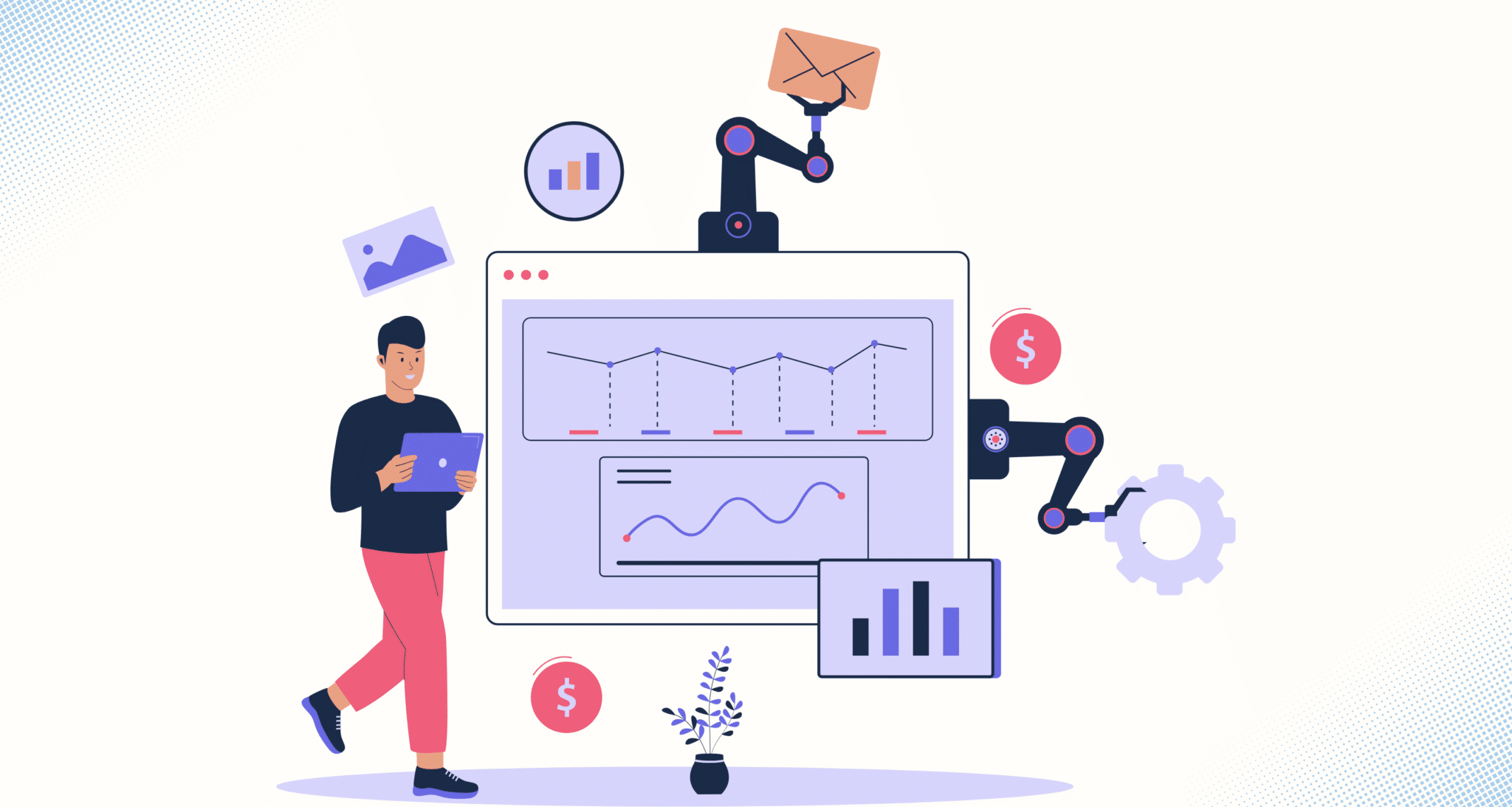
Multiple regulatory risks are arising as we head toward the next quarter of 2024. These risks range from privacy protection issues to AI usage within healthcare, Medicare Advantage changes, and third-party risks. This wide range of factors directly affects compliance workflows and the success of your compliance efforts. This is one of the primary reasons that healthcare practices struggle with keeping up with compliance—the healthcare landscape is continuously changing. With consistent change, healthcare professionals are turning to compliance automation software for operations.
Compliance automation isn’t only about saving healthcare providers, compliance professionals, and administrators time. Compliance automation is a primary tactic for navigating challenges post-pandemic, increasing trust within the patient-provider relationship, and enhancing methods of error reduction for healthcare practices.
By leveraging compliance automation tools, businesses can streamline compliance processes, reduce manual efforts, and keep up with shifting regulatory requirements.
Why Healthcare Businesses Can’t Afford Not to Automate Their Compliance Processes
Using compliance automation tools makes having access to real-time data more possible. These tools reduce compliance risks and the rate of potential human error. At least 80% of incidents that present harm to patients are preventable, making human error very common.
Enhancing training materials and communications, establishing an efficient system for reporting incidents, and utilizing more corrective strategies are some of the primary methods for reducing these preventable errors. These strategies can be difficult to implement manually, which is one of the reasons more businesses are adopting automated approaches.
Using a compliance automation platform will allow more efficient implementation and sustainability of these strategies over time. The main hurdle is simply getting started. Compliance isn’t only a regulatory requirement — it directly involves patient safety and trust and affects operational efficiency.
Given what all compliance processes entail, administrators realized they couldn’t afford to not automate their compliance efforts. Here’s a more detailed look into why.
Complex and Ever-Changing Regulations
Healthcare regulations can be significantly complex and constantly evolving. For example, the Centers for Medicare and Medicaid Services (CMS) usually will release regulatory modifications annually. Staying up-to-date with these requires real-time tracking and quick adaptation as needed. Using the right compliance automation software ensures that updates are implemented easily across an organization and reduces the incidence of noncompliance.
Patient Safety and Overall Trust in Provider-Patient Relationships
Compliance efforts are directly tied to patient safety, and ensuring that all protocols are followed properly minimizes the risk of errors that could harm patients. Automations help ensure that nothing is overlooked, which improves reliability and boosts quality of care ratings.
Cost Efficiency and Resource Allocation
Manual compliance management is resource-intensive and takes away from a business’s bottom line. It can also be costly to use inefficient manual processes, oftentimes resulting in $1.3 million in financial losses. Not only are manual workflows financially draining, but they also require significant amounts of time and can put a strain on operational resources.
Improved Audit Readiness
You can’t afford to be unprepared for unexpected audits. To become HIPAA compliant alone, the cost can range between $80,000 and $120,000. However, incidents of HIPAA noncompliance can cost significantly more depending on the number of violations, considering that each violation can range from $100 to $50,000. Regular audits are standard, and the best way to be prepared for them is to fully automate your compliance efforts ahead of time.
Compliance automation tools are designed to scale with the organization, which is one of the primary incentives of using a compliance automation platform. From scalability to improved audit readiness and better training progression, the right automation will often set your business ahead.
Allowing Your Compliance Program to Work for You
Compliance automation tools are essential for healthcare businesses to prevent avoidable errors, save on operational costs, and remain parallel to shifting industry regulations. While the upfront cost of becoming compliant can fall within higher ranges, administrators and compliance management are implementing compliance automation software into their efforts to save more money and better protect their businesses.
The right platform will provide standardized templates, automatic training capabilities, and access to reminders. While these are only a few of the features you can access, you will have more peace of mind and gain better operational consistency, efficiency, and data accuracy.
Make your compliance approach more sustainable by scheduling a demo today.









